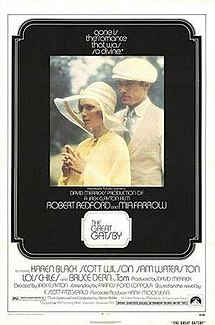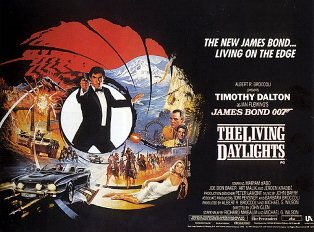License Renewal...
Please visit the James Bond Film Retrospective for all the Bond reviews.
I had been told that License to Kill was not just a terrible James Bond film, but it was just terrible. It was so terrible that its failure was the reason Timothy Dalton was dumped from the role, thus making him the only Bond actor to have his farewell appearance come right after his debut appearance. I had seen bits and pieces of License to Kill, but until this retrospective had I actually taken the time to sit through it. Actually, I watched it at least twice if not three times, and after three viewings I really fail to see why its reputation appears to be so horrid. It's not a great Bond film (I'll get into that a little later), but License to Kill isn't the disaster its detractors insist I believe it is.
Bond is a remarkably light mood given that his best friend, CIA agent Felix Leiter (David Hedison) is getting married. Leiter's wedding has, however, a slightly delay: major drug lord Franz Sanchez (Robert Davi) is achingly close to being captured, so the wedding is temporarily delayed while he and Bond go after Sanchez. He is caught and Bond gets him to the church on time.
While there is celebration in the Leiter house, Sanchez isn't about to sit idle. He manages to bribe DEA agent Killifer (Everett McGill) to help in a daring escape. Sanchez may not have been invited to the wedding, but he'll send some party crashers, among them his henchman Dario (Benicio Del Toro...yes, THAT Benicio Del Toro) to take care of Leiter and Della, the new Mrs. Leiter (Priscilla Barnes) personally.
Bond learns about the Leiters and rushes back to the house to find Della dead and Leiter barely alive after being fed to the sharks. Now Bond swears to avenge Leiter and quickly manages to kill of Killifer. Now, he will go after both Sanchez and his partner, Milton Krest (Anthony Zerbe), but MI6 doesn't see this as a matter for them. When told he must forget this or lose his licence to kill, Bond goes rogue.
He quickly gets into Sanchez's good side by a series of fortuitous events. First, he remembers that Leiter had valuable information hidden which Sanchez's thugs didn't find. That helps him track down Pam Bouvier (Carey Lowell), a pilot whose done work for Sanchez. Second, he brings millions to the corrupt banana republic of Isthmus (which appears vaguely Panamanian), which Sanchez basically runs but is technically ruled by President Hector Lopez (Pedro Armendariz, Jr., whose father played Kerim Bey in From Russia With Love). Bond at first attempts to kill Sanchez, with the secret help of Q (Desmond Llewellyn) but in a twist the Asian criminals there to meet with Sanchez turn out to be Hong Kong Narcotics agents. They nearly kill Bond but Sanchez had sent his aide Colonel Heller (Don Stroud) to find who had made the attempt on his life. In the confusion, Sanchez believed the Asians were the assassins and Bond merely another intended victim.
Sanchez had come up with a brilliant way to not only smuggle drugs but to finance them. To bring in the cash from various networks across the U.S., he had set up a front operation: a meditation retreat run by Professor Joe Butcher (Wayne Newton...yes, THAT Wayne Newton). It's here where the lab is. With the help of Bouvier and Sanchez's mistress Lupe (Talisa Soto), Bond quickly gets in with Sanchez, who could use a man like him. Bond learns that Sanchez has bought Stinger missiles which he threatens to use against domestic airlines unless the D.A. literally gets off his case.
Unfortunately for Bond, Dario (having returned from the Stinger purchase) recognizes Bond from a previous encounter. It all ends in a massive explosion at the fake meditation retreat and with Leiter fully avenged.
I'll say that License to Kill did miss quite a few opportunities. For example, long-time Bond viewers know that his own (and so far only) wedding met the same fate as Leiter's. However, director John Glen (no, not THAT John Glenn) and co-writers Michael G. Wilson and Richard Maimbaum (who would pen his final Bond film, dying in the interim between Bonds) never capitalized on his conflicted and torn emotions. I thought Bond's motives were good (to avenge his friend) but oddly that seemed a curious way to get the story going.
How to explain it? I think it was an interesting choice to have Bond basically do something NOT for Queen and Country but for his own sense of justice. However, by introducing the Stinger angle they could easily have made this a matter for MI6 to investigate, and THEN given Bond the motivation to avenge his friend after he was almost devoured by a shark.
Side note: this is at least about the FOURTH time sharks have come into things (I recall Thunderball, Live & Let Die, and The Spy Who Loved Me had man-eating sharks, and we're not counting when the actual JAWS came in). Seriously, can't they put him in with a lion or something?
Another point is that there are some things in License to Kill that don't make sense. If Killifer's taking of the bribe is a spur of the moment matter, how is it that scuba men are ready to pick Sanchez up at that precisely location? Bond's escape from Killifer at the warehouse comes by the clumsiest if not silliest of manners.
The thing in License to Kill that really hampers it is in how Bond is endlessly and idiotically dismissing help from anyone. Again and again he tells Lupe, he tells, Pam, he even tells Q endless variations of "Thanks, I'll take it from here." This has two effects: 1.) it makes Bond a jerk by constantly pushing people who could help him out of the way, and 2.) it forces Pam Bouvier into being a bad Bond Girl.
This I don't think is Lowell's fault. I think if her character had been given a chance she could have been a valuable aide to Bond (I don't want to use the phrase 'sidekick', but it comes close), but it is in the script's insistence of in some cases Bond literally pushing Pam away that basically gives her nothing to do. Paradoxically, what could have come off as a brilliant idea from Bond AND Pam using her feminine wiles on Professor Butcher to get entry into the meditation retreat ends up making it look like it was all her idea (which it either was or something she and Q came up with).
However, because she wasn't an active part of the story, Pam Bouvier was a wasted opportunity and thus relegated to Worst Bond Girl lists. I don't think she gave a lousy performance, but I don't think she is particularly memorable.
It might be because License to Kill was taken in this rather serious and straight direction. We weren't going to have the flashy locales or provocatively-named Bond Girls (what pun can you come up with Bouvier?) but we were going to reflect reality. License to Kill's story is cashing in on then-current events. You have a vaguely Paul Escobar-type with drug lord Franz Sanchez and a Noriega-like puppet ruler of "Isthmus" (which, would you believe, Panama is), and while I congratulate them for making the decision to be more realistic, they might have made a mistake in stripping almost all the Bond trappings.
This, I suspect, is why the film is so disliked by many (though not by me or my friend who watched all the Bond films before me, one Fidel Gomez, Jr. {who may or may not be dead}). License to Kill could have had anyone in the role of the avenging agent. In short, this is a James Bond film that didn't strictly speaking need James Bond in it. A generic Character X could have taken this exact story and made a film out of it. By making Bond the Avenging Angel rather than the secret agent, License to Kill took a lot of Bond out of a Bond film.
Still, I refuse to throw out the baby with the bathwater. Davi had the right blend of villainy and charm, and I daresay almost innocence in how quickly he came to trust Bond, as Sanchez. Granted, as a Hispanic I detest the idea of the drug lord cliched antagonist (or that an Italian is playing a Latin American character), but Sanchez made his case to being, if not among the best Bond villains, at least a strong adversary.
In fact, Sanchez as a character was so cold-blooded and ruthless that he really didn't even need a henchman. Like Max Zorin, Sanchez is another Bond villain who enjoyed the kill personally, but unlike Zorin, his henchman (or men) are irrelevant. Del Toro had a strong screen presence as the semi-psychotic Dario but he wasn't integral to the plot, and neither was Col. Heller. In fact, Sanchez's accountant Truman-Lodge (Anthony Starke) probably had more screen time and was more integral to the plot than either Dario or Heller.
Now, this brings me to Wayne Newton. I opted to skip a Newton show when I went to Las Vegas, but as odd as his appearance in License to Kill is (or at times how his role appears to waver between being part of the plot or the film's nod to camp), I didn't think it was disastrous. This might be why the film was poorly received by the public: Wayne Newton is seen more as kitsch than a serious musician. For my part, I thought it was a clever and amusing business to have a semi-televangelist be the front man for a drug smuggling operation, but the story never decided whether he was a pawn or a part of the machinations. Certainly having him say, "Bless your heart" when Pam snatches a bag of money from right under him doesn't shed any light on the matter.
On the whole, I think License to Kill could have done better by strengthening Professor Butcher's raison d'etre in the story, and it might have made Newton be seen in a different light.
I don't think I've mentioned Dalton's performance yet, so I will. His Bond was a grittier, angrier Bond, but at least he looked like he took pleasure in living. Long before the sour, grumpy, morose Daniel Craig came along, Dalton was exploring the darker side of James Bond. Dalton's performance was excellent: expressing sadness and anger when it came to the Leiters, intelligence in his schemes to trap Sanchez. At times though, he came across as TOO angry, a bit short-tempered. Even worse is how Dalton doth protest too much in always trying to get rid of everyone. It did make him look dismissive, even condescending, towards everyone. Still, he played the part as given, and the fact that License to Kill wasn't like by the general public is not Timothy Dalton's fault.
Curiously, when I think of Dalton as Bond, I'm reminded of another long-time British institution: the long-running science-fiction show River Song (formerly known as Doctor Who). Dalton was blamed for the failure of License to Kill (financially and critically) in the same way Sixth Doctor Colin Baker was blamed for Doctor Who being critically drubbed and falling in ratings. Just like Baker, Dalton was a good actor given a near-impossible situation: restore a franchise when your hands were being tied. The difference is that Baker was essentially fired for doing the best he could under difficult circumstances, while Dalton simply couldn't wait around, but both had or have or continue to be blamed for things out of their control.
Ironically enough, Dalton would later end up on Doctor Who, and not just as a mere guest star, but as one of the most important characters in the Who mythos: Rassillon, head of all Time Lords. OK: that's the nerd in me, but I find that curious.
Going on in the Bond/Who connection, License to Kill and The Living Daylights brings to mind the transition between Fourth Doctor Tom Baker (no relation) and Fifth Doctor Peter Davison. Longtime Who producer John Nathan-Turner felt that the last Baker stories were getting too jokey and silly, in particular with Baker's quips. When Davison came aboard, JNT decided to strip all jokes from his early stories. Similarly, the last few Roger Moore-era Bond films were similarly criticized for being too outlandish, so when Dalton came aboard, the decision was made to take things more seriously. I think, like with early Davison-era Who, the Bond team may have gone a bit overboard (no pun intended) with making Bond too serious, but Dalton can't be blamed for doing what was asked of him.
MAJOR digression ended.
Moving on to some other aspects of License to Kill, I have listened to the title theme (at five minutes, fifteen seconds the longest Bond theme as of today) several times and I have never felt it was particularly good. I don't think musically it's terrible, but the lyrics don't make sense
I got a license to kill/and you know I'm going straight for your heart
What EXACTLY does that mean? Then later on in the bridge
Say that somebody tries to make a move on you/In the blink of an eye, I'll be there too/And they better know why/I'm going to make them pay/till their dying day...
Does that mean if someone makes a pass at him, she's going to pursue them until she either kills them or they drop dead?
Nothing against Gladys Knight, but I think she oversold the song, made it a little bombastic and that License to Kill is a bit overwrought in its delivery. Truth be told, I thought the closing song If You Asked Me To by Patti LaBelle was a better song, more romantic and more importantly softer in how it was sung. If you don't believe me, which one do YOU remember?
Certainly not the worst Bond theme song, but not in the top ranks either.
One thing I will fault License to Kill especially hard is in Michael Kamen's score. Those damn guitars whenever the swarthy Sanchez came along...I can't express how ridiculous, almost cliched that was. It's as if he was going slightly going overboard with the 'ethnic touches' in the music.
Finally, one last criticism of License to Kill. I can get over how Lupe refers to a group as "Orientals", but I didn't understand why a group of CHINESE/HONG KONG criminals would be greeted in JAPANESE. They are from Hong Kong, they have names such as Tan and Kwang, but when Truman-Lodge greets them, it's with "konbanwa", which is "good evening" in Japanese. The closest analogy I could find would be if there were a scene with a group of Mexican drug lords and they were greeted in Portuguese.
In the final analysis, License to Kill is not a bad film by any stretch. HOWEVER, it might be considered a bad BOND film because the character was almost irrelevant to the story. It could have been any action star and not strictly Timothy Dalton as Ian Fleming's James Bond 007. Still, as it stands I don't understand why License to Kill is so hated. I can think of worse Bond films and they get carte blanche among viewers. I don't think this license should be revoked at all.
Next Bond Film: GoldenEye
DECISION: B-



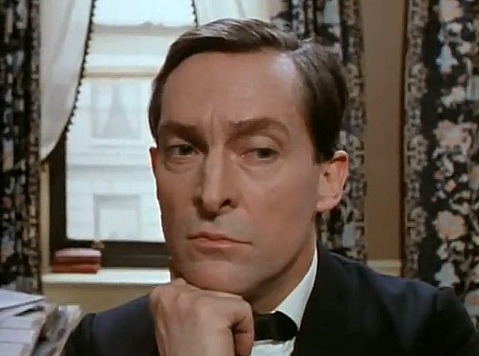

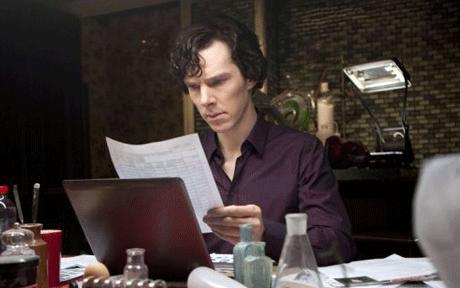
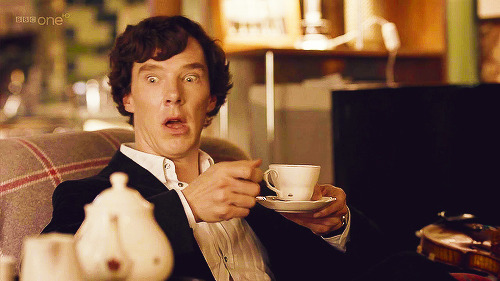




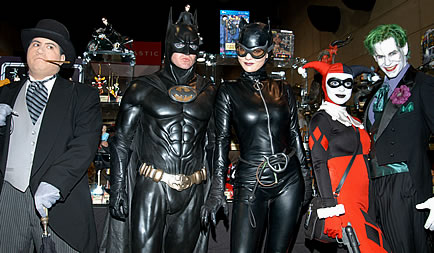

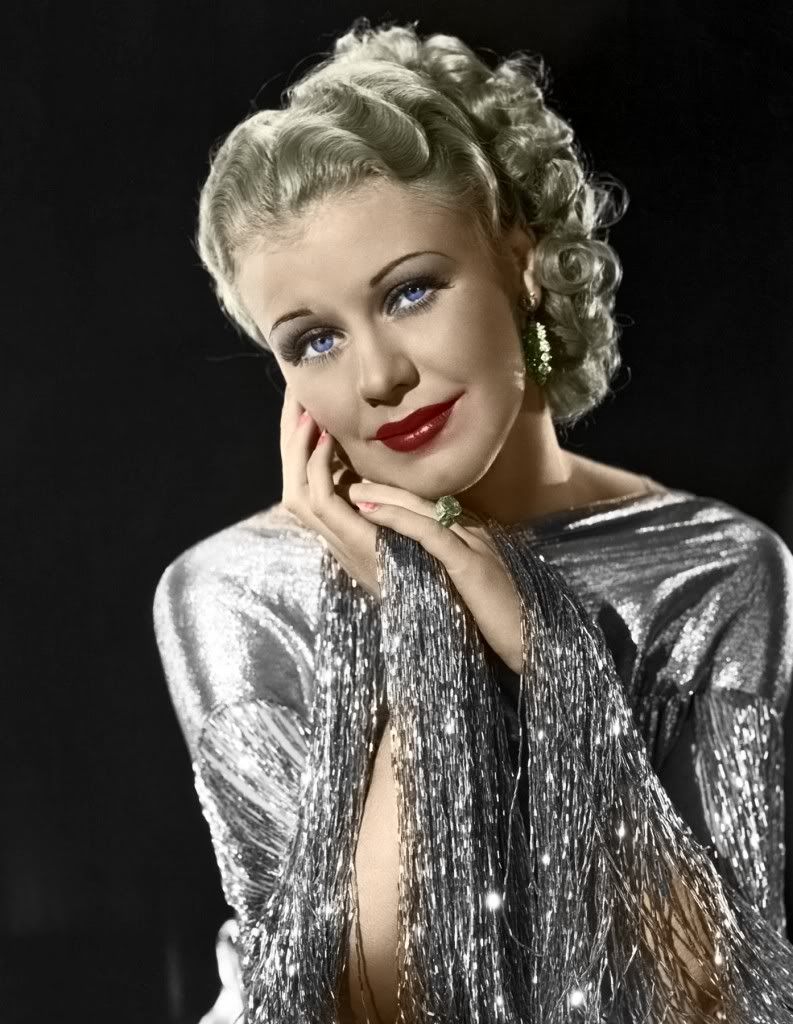

+R5+450MB.jpg)
